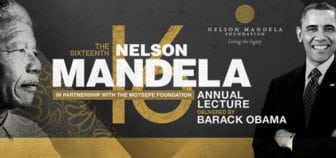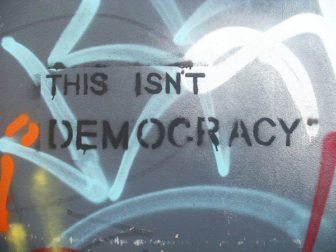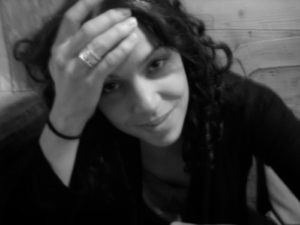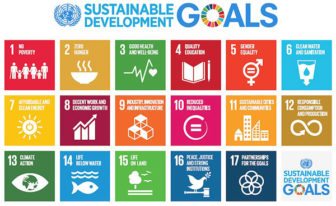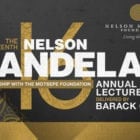June 17, 2011; Source: The Guardian | When we recently listed examples of reprehensible dictators using philanthropy to buy their way into domestic and international good graces, some readers scoffed, others dismissed the idea as simply a reaction to the Qaddafi clan of Libya using their family foundation, directed by son Saif al-Islam. Now comes word of the newest instant humanitarians suddenly struck by the charitable giving bug — the family of Syrian strongman Bashar al-Assad.
The philanthropist in question is Assad’s cousin, Rami Makhlouf, given the sobriquet “tycoon” in the Guardian article. Makhlouf himself has been a target of some of the protests ostensibly aimed at the Assad dictatorship, due to charges of corruption involving the array of businesses he controls, “including Syria’s largest mobile phone operator, duty-free shops, an oil concession, airline company and hotel and construction concerns, and shares in at least one bank.” (Makhlouf’s nickname is “Mr. Five Percent.”)
His defense that he’s actually a nice little business guy employing thousands of Syrians doesn’t quite wash, as he has personally faced public corruption sanctions from the U.S. and the European Union. But, as Syrian army units prepared to attack two towns in the northern part of the country, Makhlouf made the surprise announcement that he was withdrawing from business life and planning to devote himself and his wealth to charitable endeavors. He plans to sell his mobile phone company (Syriatel) and pledged to dedicate his profits to charity, but it doesn’t appear that the sale will mean that he will give up control of the business.
Sign up for our free newsletters
Subscribe to NPQ's newsletters to have our top stories delivered directly to your inbox.
By signing up, you agree to our privacy policy and terms of use, and to receive messages from NPQ and our partners.
It is unclear what kind of charity — and how much — will emerge from this announcement. Syrian state television, which announced and lauded Makhlouf’s announcement, said, “As for his businesses, they will be directed so that they . . . create jobs and support the national economy. He will not enter into any new project that [brings] him personal gain.”
Truth be told, Makhlouf was a prime beneficiary of Assad’s dictatorship. He was widely reviled within Syria and outside. No one really knows what he owns and how much, so his pledge to devote his life to charitable activity probably leaves hiim with personal wealth beyond belief. His charitable giving may be as much to get him out of trouble with Western critics in the U.S. and E.U. as it is to buy good will for his strongman cousin.
Let’s watch and see how many Makhlouf gifts begin to flow outside of Syria to curry favor for a regime that as of today has killed 1,300 civilian protesters, jailed 10,000, and forced thousands more into refugee camps in Turkey.—Rick Cohen



